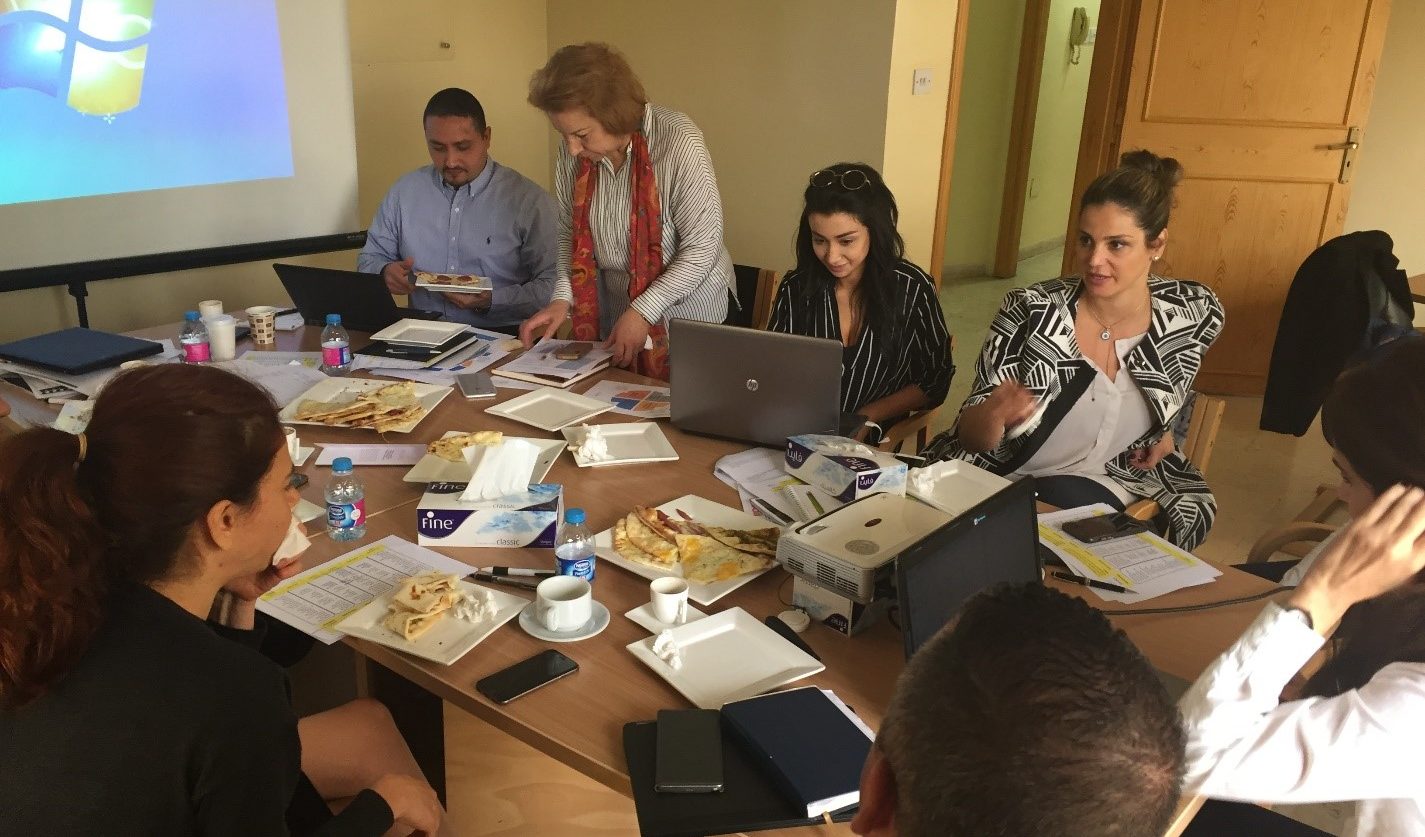
While the men’s workforce participation rate in Jordan is roughly 87%, the rate for women is only 22%. The contrast is stark, but the cause is less obvious. Although cultural expectations partially explain this gap (Jordanian women are much less likely to continue working after getting married and having children), financial disincentives, the threat of sexual harassment, and an inability to find employment are major contributing factors to their absence as well. Closing the gender gap in Jordan will require a multifaceted approach with proactive solutions that account for the many factors that make the business world inhospitable to women.
Pay inequality is one major factor that leads Jordanian women to drop out of the labor force. Despite having ratified the International Labour Organization (ILO) Equal Remuneration Convention, Jordanian women are often paid significantly less for equal work. In fact, the ILO found that women in Jordan working in the private sector earn on average 41% less than their male counterparts. This disparity is so large that, for many women, wages are not high enough to cover the costs incurred by going to work (principally transportation and child care).
High childcare costs and a dearth of affordable public transportation combine with a culture of impunity surrounding sexual harassment and laws that reinforce sexist cultural expectations to influence women’s decisions to stay home. Though Jordanian women won a major legal victory last summer with the repeal of the infamous “marry-your-rapist” law, sexual harassment on public transportation and in the workplace remains a persistent concern. A report filed by the Convention on the Elimination of All Forms of Discrimination against Women (CEDAW) Committee found that the vast majority of Jordanian women it interviewed were unaware of how to file a sexual harassment complaint, and among those who were aware, fear of retaliation made them reluctant to report incidents.
For women who do decide – by choice or necessity – to pursue a career, many still find that opportunities for employment and advancement are limited. Hiring discrimination, while technically illegal, remains commonplace. Employers routinely reject female job applicants in order to avoid responsibility for paid maternity leave and daycare for working mothers. Women hoping to better their prospects through education are often dismayed to find that, although there are more Jordanian women than men going to university, unemployment for women is positively correlated with their education level. The consensus among experts is that the unutilized talent of women in the workforce is costing Jordan a fortune; a study by the Brookings Institution estimated total losses at nearly a full percentage point of GDP growth every year.
Given the magnitude and complexity of the problem, it is unsurprising that a wide array of solutions have been posited. A commonly cited issue is one of supply and demand. Jordanian women are over-represented in the humanities, and many Jordanian employers and academics criticize these programs for focusing too heavily on rote memorization and failing to teach students practical skills that they need, like critical thinking and problem solving. As Fulbright Scholar Rula Quawas put it, “[T]he labor market today requires creativity, innovation, vision… [but we] are graduating robots.” Programs that educate women in hard business skills and encourage female entrepreneurship are one effective way of addressing this shortcoming.
Through the USAID-funded Local Enterprise Support (LENS) project, CIPE provides technical assistance to business associations as they develop and implement business skills trainings and provide other valuable services for their members. This includes a focus on associations that specialize in serving women-owned micro and small enterprises (MSEs). These organizations help ambitious women to start, run, and grow sustainable businesses and to create jobs as they expand. For example, the Women Access to Entrepreneurship Development and Training Society (WAEDAT), a CIPE partner, recognized that a lack of knowledge of marketing techniques among its constituents frequently stunts the growth of new enterprises. In response to this need, WAEDAT recently hosted a training workshop with CIPE’s support to build skills among women micro-entrepreneurs in marketing and product packaging in order to make their enterprises more competitive. In addition to the training, participants were able to network and apply their new knowledge by creating marketing plans, allowing them to leave the session with a useful tool to improve their businesses.
The complex challenge of gender inequality in Jordan requires nuanced and multi-layered approaches. While lowering social and legal barriers to women’s participation in public life may, as in most countries, take years or even decades to accomplish, short- and medium-term efforts can help move the needle. Advocating for the enforcement of existing laws is one important avenue, and a valued member service provided by business associations. Meanwhile, increasing women’s access to specialized capacity building programs, mentorship, and networking opportunities contributes to women’s agency in economic life. Finally, success breeds success, and the importance of role models in encouraging younger women in business cannot be understated.
Read about how CIPE has helped the Jordan Forum for Business and Professional Women (JFBPW) increase its organizational effectiveness so that it can better support aspiring businesswomen in Jordan.
The contents of this article are the responsibility of the author and do not necessarily reflect the views of USAID or the United States government.
Lauren Burke is a Program Assistant for the Middle East and North Africa at CIPE.
Published Date: March 27, 2018